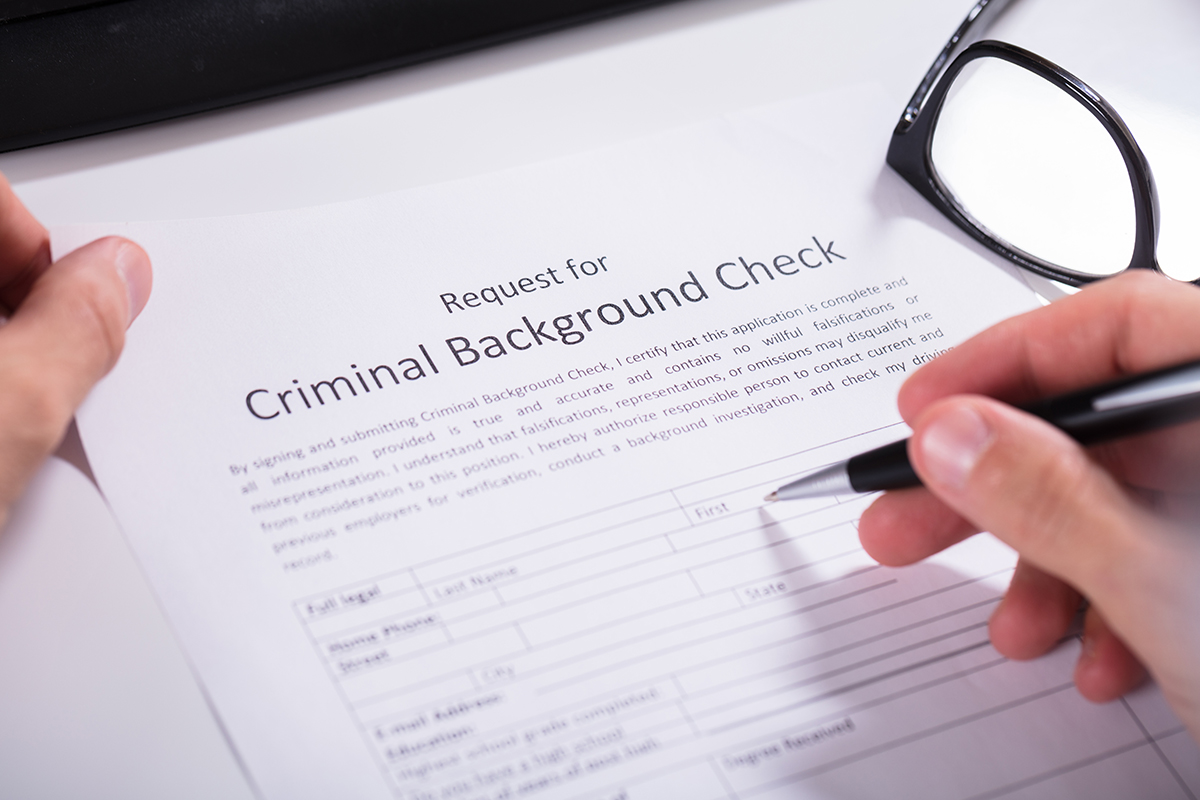Generally speaking, an anonymous tip to the police is not by itself enough for an officer to stop a driver. Ultimately, the tips provided by anonymous callers remain suspect.
Because they remain anonymous they are unaccountable for the claims they make to police.
In the case Navarette v. California, the U.S. Supreme Court ruled on a set of facts that would be enough for an officer to stop a driver: when a person calls 911 and describes a particular driver’s actions, occurring in the moment, that signify DWI.
This is not an exception to all anonymous tip cases, however each tip must be analyzed on a case-by-case basis. If the tip is of the right kind of driving and the caller relates it to police in the right way, the anonymous tip will be sufficient to warrant a stop by police for suspected DWI.
Reliability of Tip
The majority opinion assessed the reliability of the tip by considering the informant’s basis of knowledge and veracity. In Navarette, the majority acknowledged that the facts before it made the case a close one.
The court ultimately found factors suggesting the tip had both a firm basis of knowledge and credibility. The caller’s ability to specifically describe the vehicle and her allegation that the driver had run her off the road meant she was claiming to be an eyewitness, which gave sufficient support to the tip.
The Court found that the tip was reliable because the 911 system has the ability to trace calls and provides some assurance against false reports. Therefore, unnamed 911 callers are more reliable over other anonymous tips. Additionally, the fact that the tip claimed to be reporting recently occurring activity also enhanced its reliability.
The Court likened the tip to a present sense impression, which is an evidence-based exception to hearsay and is generally considered to enhance the reliability of evidence. Likewise, the Court believed it would enhance the reliability in the tip context.
After determining the tip was reliable, the Court went on to determine whether the tip justified a Terry stop. The majority upheld the officer’s actions as a stop to investigate an ongoing DWI, not to investigate a completed traffic violation (for example failure to maintain their lane). A stop based on an unconfirmed report of a completed traffic offense would be “constitutionally suspect.”
Challenging the DWI Stop
 Because DWI convictions carry significant consequences in Texas, it is vital to have an attorney who knows the law and understands how to challenge the stop that led to your charge.
Because DWI convictions carry significant consequences in Texas, it is vital to have an attorney who knows the law and understands how to challenge the stop that led to your charge.
If your DWI charge involves a police tip, you want to explore how to challenge the stop with your attorney. At The Law Offices of Tad Nelson & Associates, we understand DWI law and all possible defenses.
We leave no stone unturned. If you have been charged with DWI in Galveston county or surrounding counties, call our office today to discuss the facts of your case and how we can assist you.


















